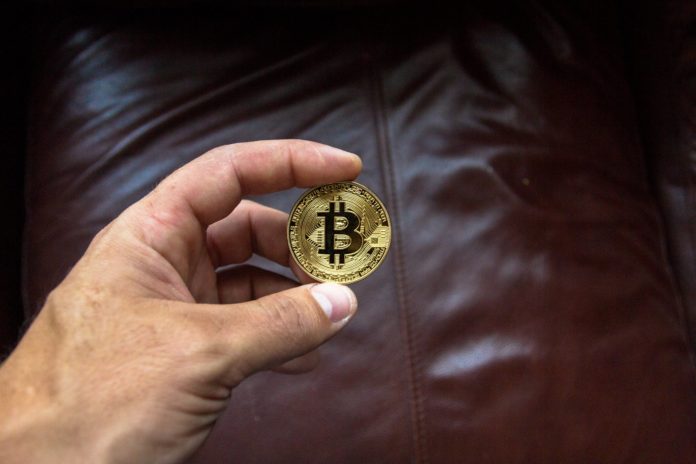Last week, the EU law enforcement agency held three days of meetings with around 16 exchanges, processors and wallet providers, after previously revealing almost £4bn of criminal proceeds have been laundered using the technology.
Prior to the conference, agency director Rob Wainwright said ‘three to four per cent of £100bn’ in ill-gotten gains had been processed using cryptocurrency, and warned this figure was growing “quickly”.
It is hoped the Europol meetings, held in The Hague, will help crack down on criminal abuse of the emerging technology and provide law enforcement with the information they need to tackle it head-on.
But experts at Blocktrade.com have reiterated calls for financial institutions to quickly regulate global crypto-markets, saying it’s the only way to fully crack-down on criminal activity.

While decentralisation and a move away from hard and fast legislation has been key to the boom in popularity of crypto finance, CEO Luka Gubo is now is pushing for unified regulation to remove barriers to trade and encourage credibility.
He said: “Yes, part of the growth of the blockchain and cryptocurrency has been down to the fact there is no hard and fast legislation covering it, but now is the time to introduce proper regulation if the technology is to fulfil its potential.
“The only way to root out criminal use is by working together through proper regulation, and that includes exchanges, financial institutions, law enforcement and traders.
“We need proper regulation now, and we need it quickly. Increased transparency and safe trading will be vital to the future of cryptocurrency.”
He added: “At the moment, it’s difficult for blockchain firms to partner with banks. And the problem is largely regulatory.
“As a bank, if your CEO says cryptocurrency is a scam, you — as a compliance officer — will be reluctant to align with any businesses operating within that sphere.
“Although the technology itself is superior and offers solutions there’s a problem in terms of credibility.
“When we’re talking about blockchain technology and banks, it’s clear that there can be significant improvements in settling transactions, particularly in terms of post-trades.”
Currently, central banks do not regulate cryptocurrency. It is instead held digitally using blockchain technology which allows users to remain anonymous, should they wish.
This has fuelled the growth of criminal activity, including as tax evasion, money laundering and terrorist financing.
Trading platform Blocktrade.com is a pioneer for tighter regulation and aims to introduce traditional financial products and concepts to the digital world — promoting safer trading and secure investment.
Established by experts from Deloitte, Deutsche Bank and Numerica Partners, each asset listed will have been vetted by the platform in terms of legitimacy in order to minimise risk for investors.
Gubo says the appetite for proper legislation among exchanges is high, and many of the larger organisations are now imposing their own version of self-regulation.
He added: “Most exchanges now want to make sure they know who their customers are, and get as much of an idea as possible when currency is being used for criminal activity.
“Many now monitor suspicious funds, and at Blocktrade.com we make sure all the assets we list go through a strict vetting process.
“Protection under proper regulation comes from transparency of assets, transparency of the company, and transparency in trading and transactions in order to minimise risks for investors.
“We want people to be willing to invest in crypto, confident they can move away from traditional investment into crypto assets. And our goal is to have European regulators recognising crypto as a real asset and to put it into the existing regulatory framework.
“And any such a framework needs to be rigorous and proper.
“The ease and transparency of our new system will provide peace of mind for investors — peace of mind that is often hard to come by in the crypto currency market.”
Earlier this year, finance ministers meeting at the G20 Buenos Aires summit pulled back from calls to regulate global crypto-currency markets, instead vowing to monitor developments and take action when necessary.
That’s despite G20 leaders acknowledging that crypto assets raise issues when it comes to tax evasion, money laundering, terrorist financing and also simply in terms of the integrity of crypto exchanges.


















